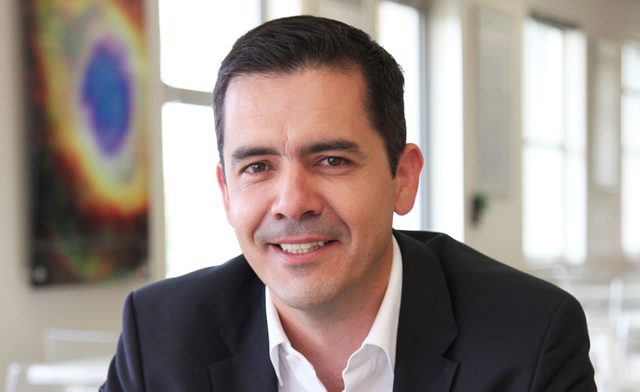Deloitte's Valter Adão says that the companies that will survive are those that embrace learning.
In part one of “Being a learn-it-all is how you adapt, being a know-it-all is how you die”, Deloitte’s Valter Adão talked about the importance of company leadership adopting a mindset of gaining knowledge.
Read more: Being a learn-it-all is how you adapt, being a know-it-all is how you die (Part 1)
It is critical is to create an organisation that has embraced the culture of learning, is developing staff to take on future roles and embraces collaboration.
“By collaboration, I don’t just mean around internal departments inside an organisation. Collaboration could be an industry-wide collaboration, working together to solve industry problems. This is what we need in South Africa at the moment. Also, collaborating with different types of organisations. Corporates collaborating with startups is a great way of unlocking rapid value inside businesses,” Valter says.
One company that has caught Valter’s attention is Kodak. “It is a great example of a company that was very innovative, but failed to understand what the market needed and wanted, and therefore the innovation they created and failed to launch, and ultimately resulted in the demise of their business.”
However, he points out that what’s interesting about Kodak is that the company has returned, having learnt its lesson around ignoring what the market wants, and they’re leveraging cryptocurrencies and blockchain to play a significant role in document management and the payment of royalties to professional and amateur photographers.
[cfocoza-cta slug=finance-indaba-africa-14-15-october-2020]
Valter highlights that, looking at companies in the South African economy at the moment, there are companies that are struggling in a tough economy and there are companies that are doing well and expanding. He uses Discovery as an example for the latter, saying that it embraces the culture of learning and the culture of being a learn-it-all. “But it understands that the market dynamics change and as customer requirements change during those periods, they adapt to change through it. And they certainly are bold experimentalists.”
Deloitte itself is a multifaceted and multi-disciplinary knowledge business, and Valter explains that for the company, in a world where the economic rate of change is as high as it is, being on the cutting edge of thinking, understanding and insight is critical.
“Learning has to be a culture in our business. It’s not something we do, it’s something we behave ourselves into. And it's also critical for the value proposition that we offer people that join Deloitte. You don’t come to Deloitte for anything else other than the phenomenal and steep curve of learning that you have through the tools and our global networks, but also the work that we do with clients,” Valter says. “So, it’s critical that we ensure the digital fluency of our people, and that we’re constantly challenging how we allow people to learn. It’s not just about content, its also about the format to ensure that we allow people collaboration. We have many disciplines across our business and the greatest impact we can have on our clients and our market is to combine these disciplines in a seamless way. It doesn’t matter how we are structured, what matters most is our client’s experience dealing with Deloitte.”
He says that the company has to ensure that it has the right leadership in place that is mature enough to put the clients’ needs first all the time in terms of providing high-quality professional services.
“The collaboration also goes outside of our organisation, we’ve come to the realisation - a long time ago - not just in South Africa, but across the world, that in order to be considered leading in our markets we have to come to the realisation that there are many smart individuals and many smart organisations outside our structures,” Valter explains. “And so we collaborate with the most amazing entrepreneurs in South Africa that have built companies which leverage exponential technologies. And we bring their capabilities together with our capabilities and our joint networks, and ultimately, the winner is the market, our clients and our people that benefit from that.”
Valter explains that the digital augmentation and transformation of Deloitte is not achieved by the activities that he drives as chief digital and innovation officer only. “I think it’s critically important that I provide the organisation with a horizon towards which we need to move, but it’s critical that there’s buy-in from the highest four structures of our leadership.”
The CEO needs to believe, endorse and behave it and encourage its adoption. The various COs across the business, from consultant to audit to risk advisory have to do exactly the same. “I think that’s what we’re getting right. We’re not benchmarking ourselves against our potential competitors, we’re benchmarking ourselves against what the market wants and what our clients are asking for what their clients want and the insight and the skills that are required to do that.”
Valter concludes that:
“Without a doubt, what I encourage among our partners and our most senior management across the business, is again the mindset of continuous learning and the mindset around personal relevance - that it’s each one’s responsibility to remain relevant in this world of change. Embracing learning inside the organisation and embracing on the outside of the organisation curiosity and reducing scepticism and cynicism that typically we have as senior professionals. And embrace a world of listening, encouraging and participation and opinions from broader teams etc, and establishing that ethos around collaboration around curiosity and experimentation.”



